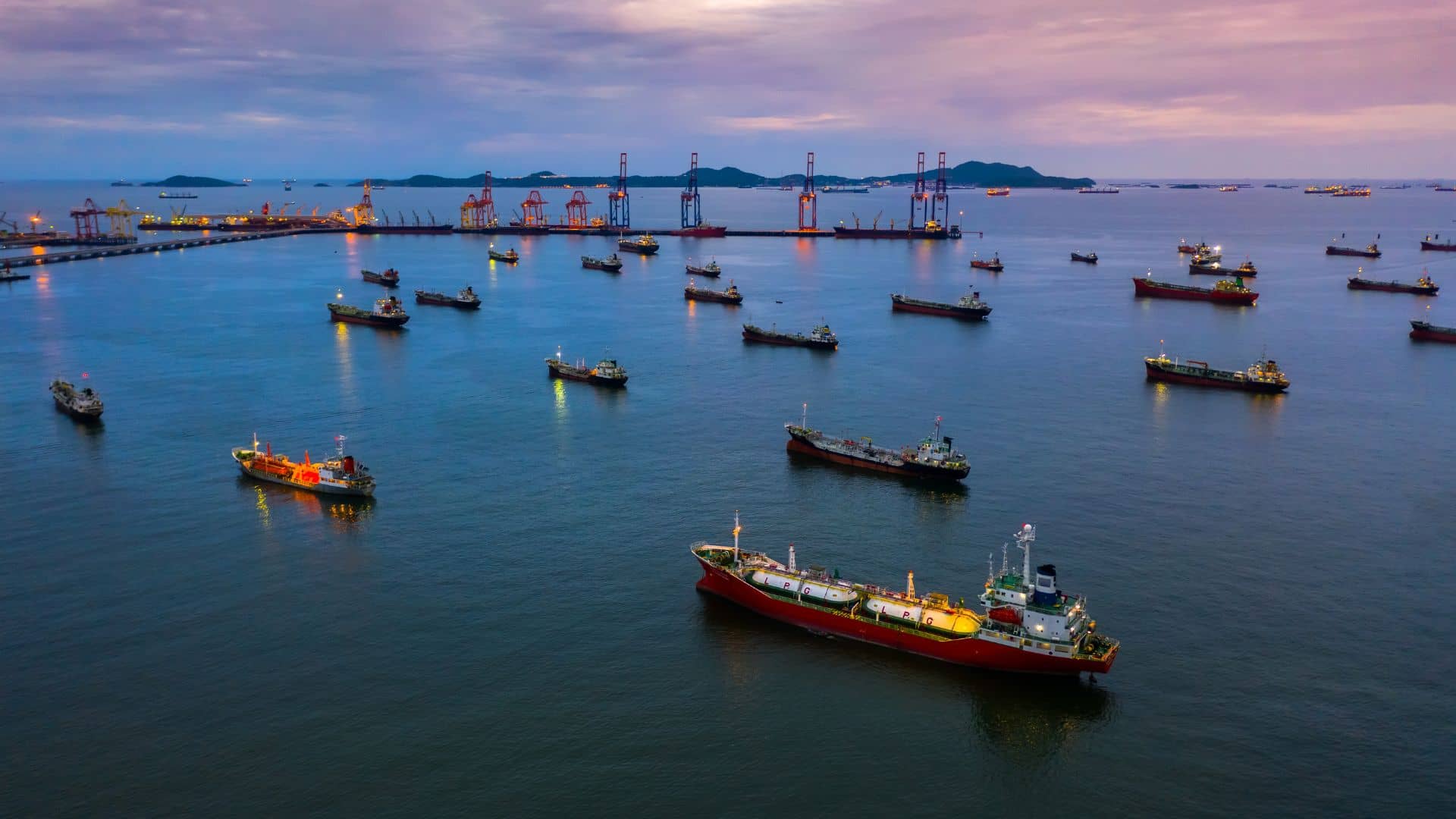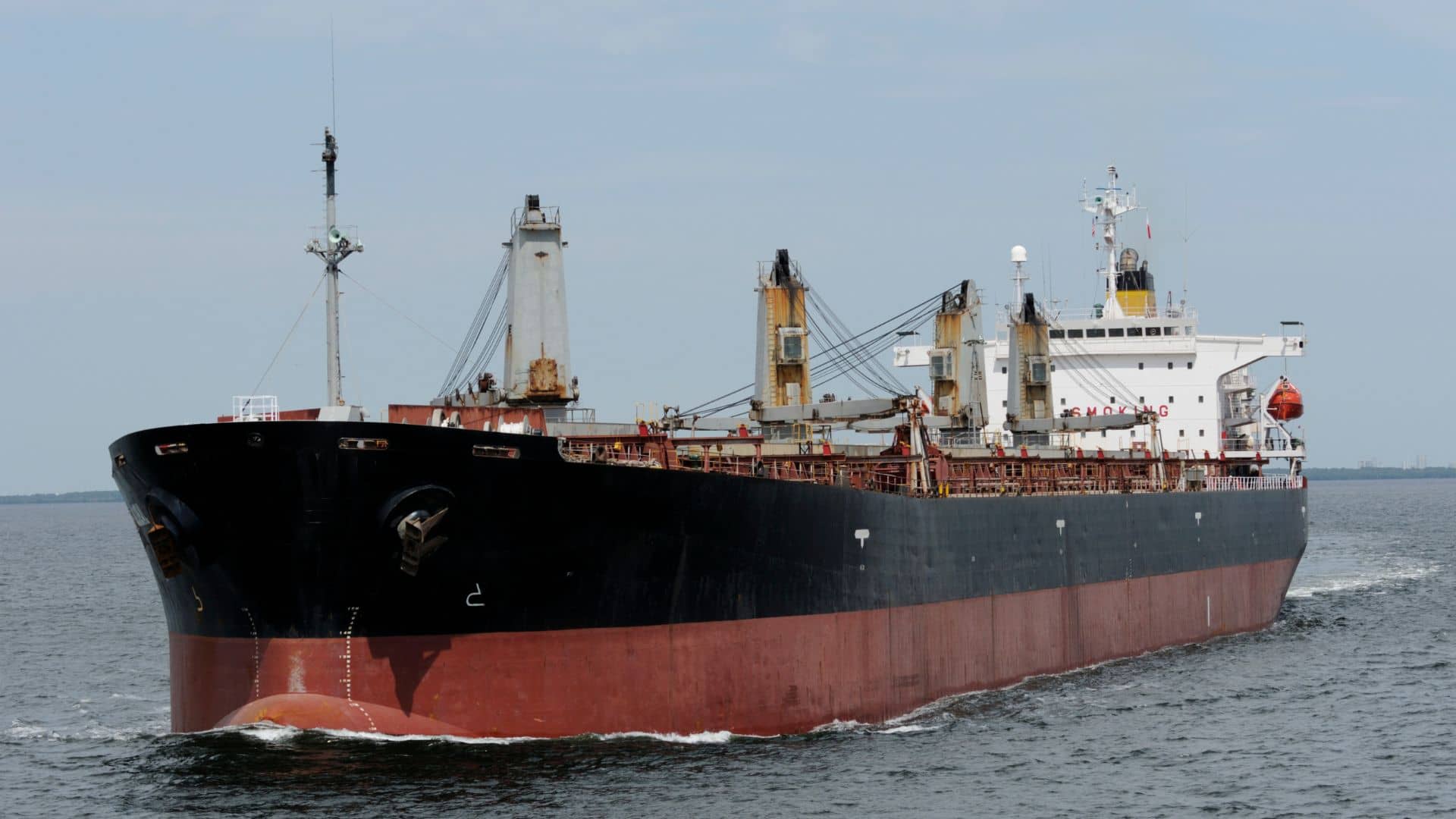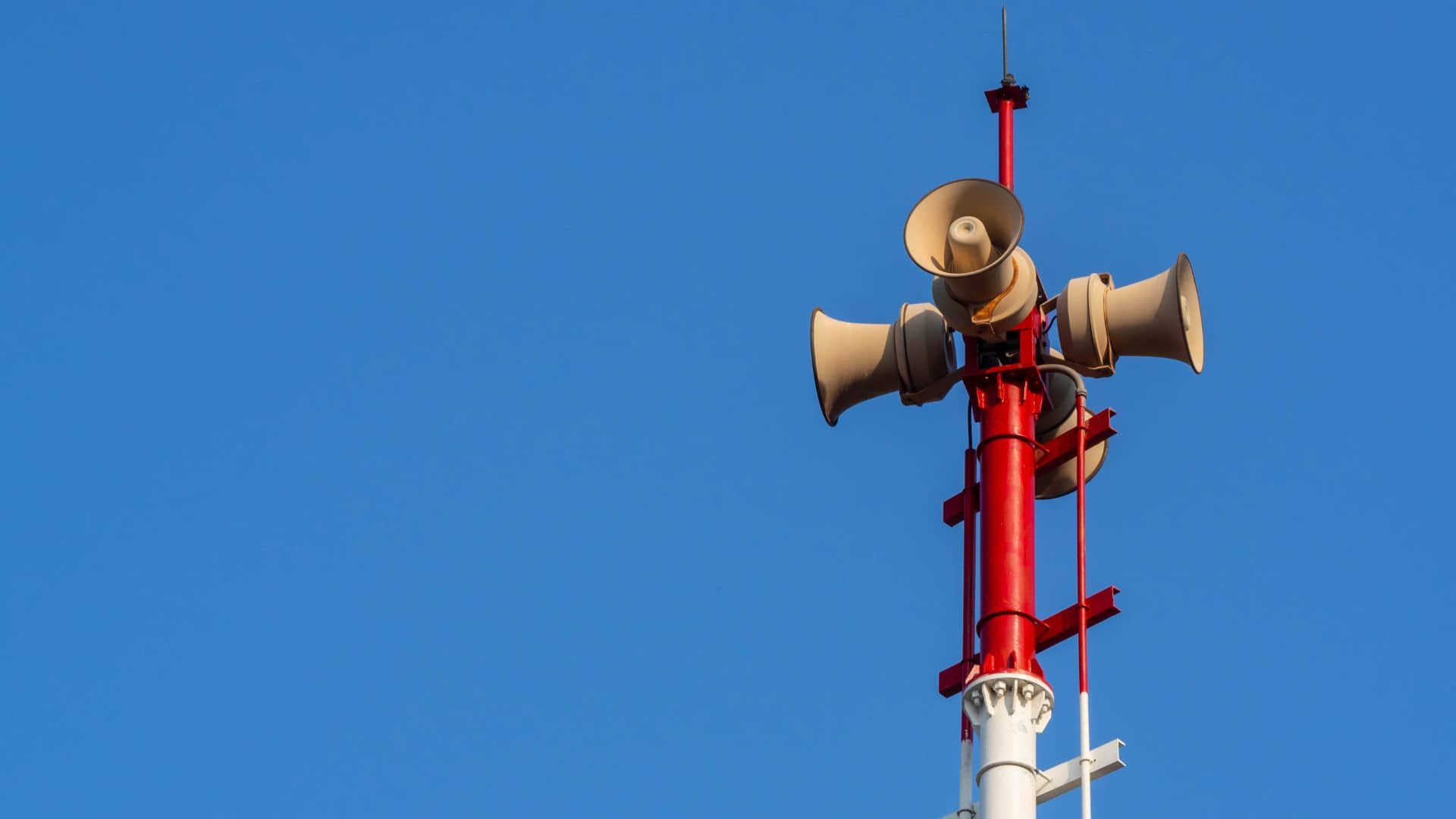Sound systems on board maritime vessels are not just about entertainment; they are crucial for communication, safety, and operational efficiency. From colossal cruise ships to nimble yachts, sound systems play a vital role in ensuring smooth operations and enhancing the onboard experience.
Let's delve into the diverse types of sound systems used on maritime vessels, highlighting their functionalities, importance, and the challenges they address.

Public Address systems are the lifeline of maritime communication. They disseminate important announcements, safety instructions, and emergency alerts to passengers and crew throughout the vessel. These systems typically comprise speakers strategically placed in common areas, cabins, and crew quarters, allowing for clear and efficient communication, even in noisy environments or during emergencies.
Marine Entertainment Systems
Entertainment at sea is an essential aspect of the passenger experience. Marine entertainment systems encompass audiovisual equipment, such as speakers, amplifiers, and multimedia players, designed to deliver high-quality sound and entertainment across various onboard venues. From theaters and lounges to poolside decks, these systems create immersive experiences, enhancing relaxation and leisure activities for passengers.
Navigation and Warning Systems
Navigation and warning systems utilize sound signals to communicate critical information to nearby vessels and crew members. Foghorns, bells, and whistles are among the traditional auditory signals used to indicate vessel presence, maneuvering intentions, and potential hazards in low visibility conditions. These systems play a pivotal role in collision avoidance and maintaining maritime safety standards.

Below the deck, engine room monitoring systems employ sound-based diagnostics to assess the health and performance of marine propulsion systems and machinery. By analyzing acoustic signatures and vibrations, these systems detect anomalies, such as mechanical faults, bearing wear, and cavitation, enabling timely maintenance and preventing costly downtime or catastrophic failures.
Intercom and crew communication systems facilitate seamless interaction and coordination among crew members stationed in different areas of the vessel. Through wired or wireless intercom networks, crew members can communicate efficiently, relay operational commands, and respond to emergencies promptly. These systems enhance situational awareness and teamwork, ensuring smooth maritime operations.
Despite their importance, sound systems on board maritime vessels face unique challenges, including harsh environmental conditions, saltwater corrosion, and compliance with stringent regulatory standards.
Therefore, it is important to get the right team for the design and installation of sounds systems on board maritime vessels. Team Vivo Asia has over 10 years of experience in the industry and is well-versed in standards and requirements.

